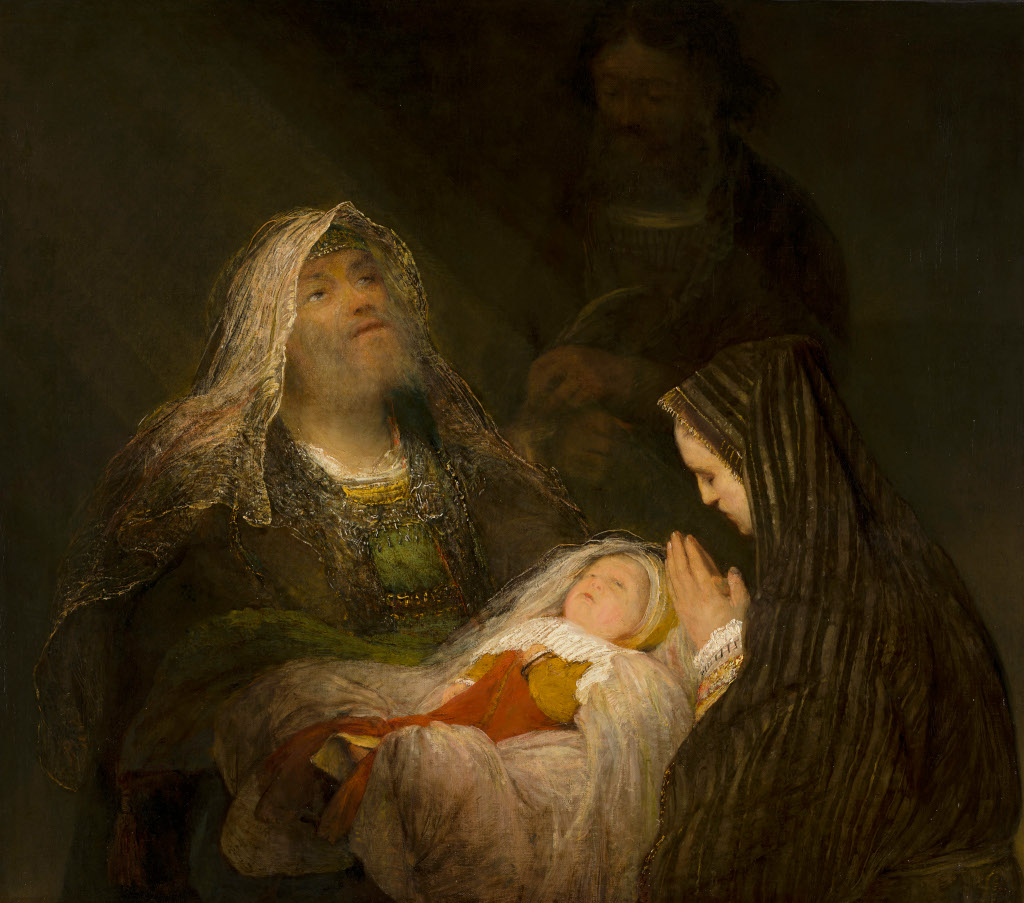From What? Are the Taliban laying siege to Buckingham Palace? Are Predator drones taking out shoppers in Slough? The carefully manufactured song Wherever You Are reaching No. 1 in the British pop charts represents not only a propaganda triumph for the UK's Department of Defence, but is also a sobering commentary on the British people's ability to look through the war crimes committed in their name.
WHEREVER YOU ARE, by Military Wives, is No. 1 on the UK pop-charts. And somewhere in the UK Department of Defence (DOD) the Champagne corks are popping. Why not? The song and its accompanying video, released on 19 December, represent the triumph of a truly masterful PR campaign in support of the United Kingdom’s participation in the Afghan War.
The most effective aspect of the campaign was to have it fronted by the wives of soldiers on active duty in Afghanistan. These women are not only a potent reservoir of patriotic emotion, but they also constitute an unchallengeable rhetorical vector for DOD propaganda. Who’s going to contradict the testimony of 100 military wives?
The story that ended this week with Wherever You Are at No. 1 began several months ago when the DOD convinced BBC-2 to take a hand-picked group of military wives as the raw material for the third season of the public network’s high-rating series Choir – hosted by Britain’s “inspirational” choirmaster, Gareth Malone.
As a propaganda force, this alliance between the DOD and the BBC proved formidable. Through its sponsors The Choir: Military Wives was able to secure the musical talents of celebrated Welsh composer, Paul Mealor, whose Ubi Caritas et Amor formed part of the ceremony at Prince William’s and Kate Middleton’s nuptials.
The lyrics to Mr Mealor’s appealing melody were stitched together out of hundreds of letters sent by the Military Wives’ choir to their husbands in Afghanistan. With such phrases as “my wondrous star” and “my prince of peace” prominently featured in Wherever You Are, it is pretty clear that the quest for the No. 1 Christmas slot was something more than fortuitous.
The finale of The Choir: Military Wives series was recorded at The Royal Albert Hall on 12 November as part of the Royal British Legion’s (the UK’s equivalent of the RSA) Remembrance Parade, with the Queen in Attendance. Wherever You Are was thus able to make its debut before a television audience estimated at 2.6 million viewers.
Like all hit recordings, Wherever You Are comes with its own “official” video. Images of the choir engaged in recording the song are interspersed with footage of the wives and their children preparing “Welcome Home” banners for their returning heroes, along with heart-wrenching scenes of family reunions. Throughout, the women are shown wearing black T-shirts bearing the words “My husband protects Queen and Country.”
From whom? One is moved to enquire. Have Afghan tanks rolled through the streets of London? Have Afghan attack helicopters strafed defenceless villages in the Home Counties? Do Afghan soldiers patrol the strategic passes of the Pennines? Is the Metropolitan Police Force being re-trained by advisors from Pakistan and Egypt?
Were all these things true, and if the Royal Army was engaged in a heroic defence of the United Kingdom against a foreign army of occupation, then those T-shirts might make some sense. But they are not true. The truth is that it is these women’s husbands who are driving the tanks, flying the attack helicopters, patrolling the mountain passes and training a Quisling government’s army and police.
And for every one of the “wondrous stars” and “princes of peace” who fall in battle, we must count ten, twenty, thirty Afghan resistance fighters and civilians. The “official” video does not show us these families. We do not hear the wailing of Afghan women, or the sobs of Afghan children, for Afghan husbands and fathers who never came home.
The brutal reality of the Afghan War is deliberately hidden in Wherever You Are. Indeed, the very name of the song, by denying the combatants’ theatre of action its true name, and its unique location on the globe, is itself an act of sanitation. It allows the “sexy, sexy supermen” of the Royal Army and Marines to “protect Queen and Country” in an anonymous country called “Wherever” without scrutiny or accountability.
Should the military wives be blamed for participating in this superbly executed propaganda exercise? After all, it wasn’t on their orders that their menfolk were unleashed upon the tragedy that is Afghanistan.
No, it wasn’t, and it’s not for that I condemn them.
What I condemn is their lack of empathy and imagination; their utter incapacity to acknowledge the all-too-real victims of their husbands’ “heroism”.
The men, women and children of Afghanistan.
This essay was originally published in The Otago Daily Times, The Waikato Times, The Taranaki Daily News, The Timaru Herald and The Greymouth Star of Friday, 30 December 2011.







